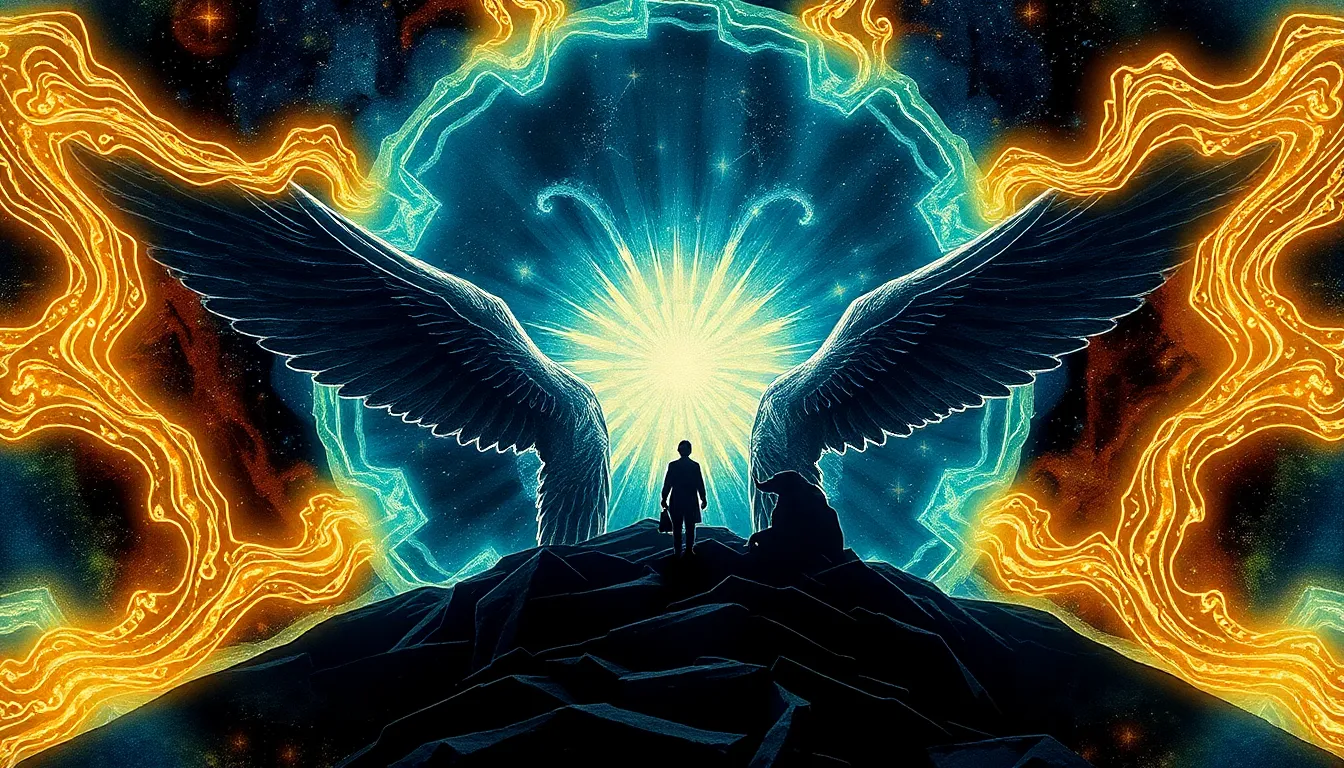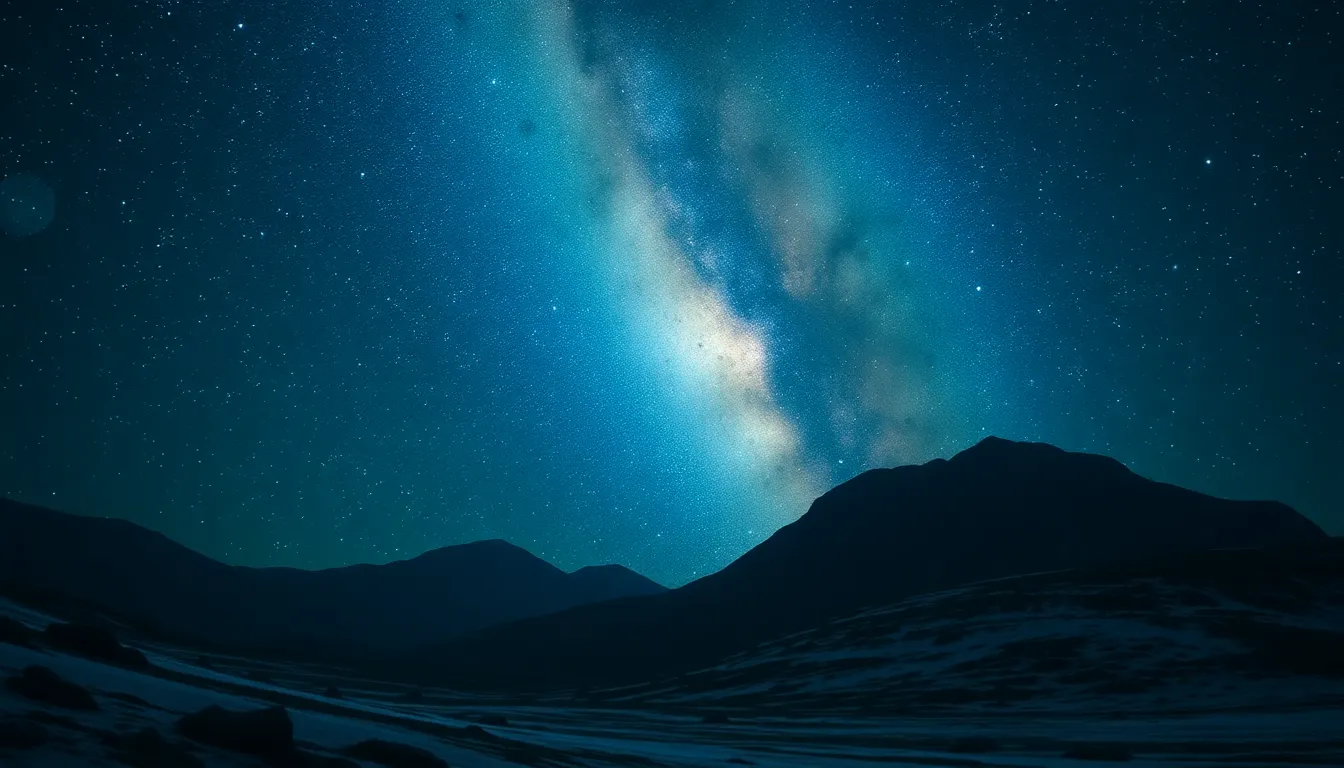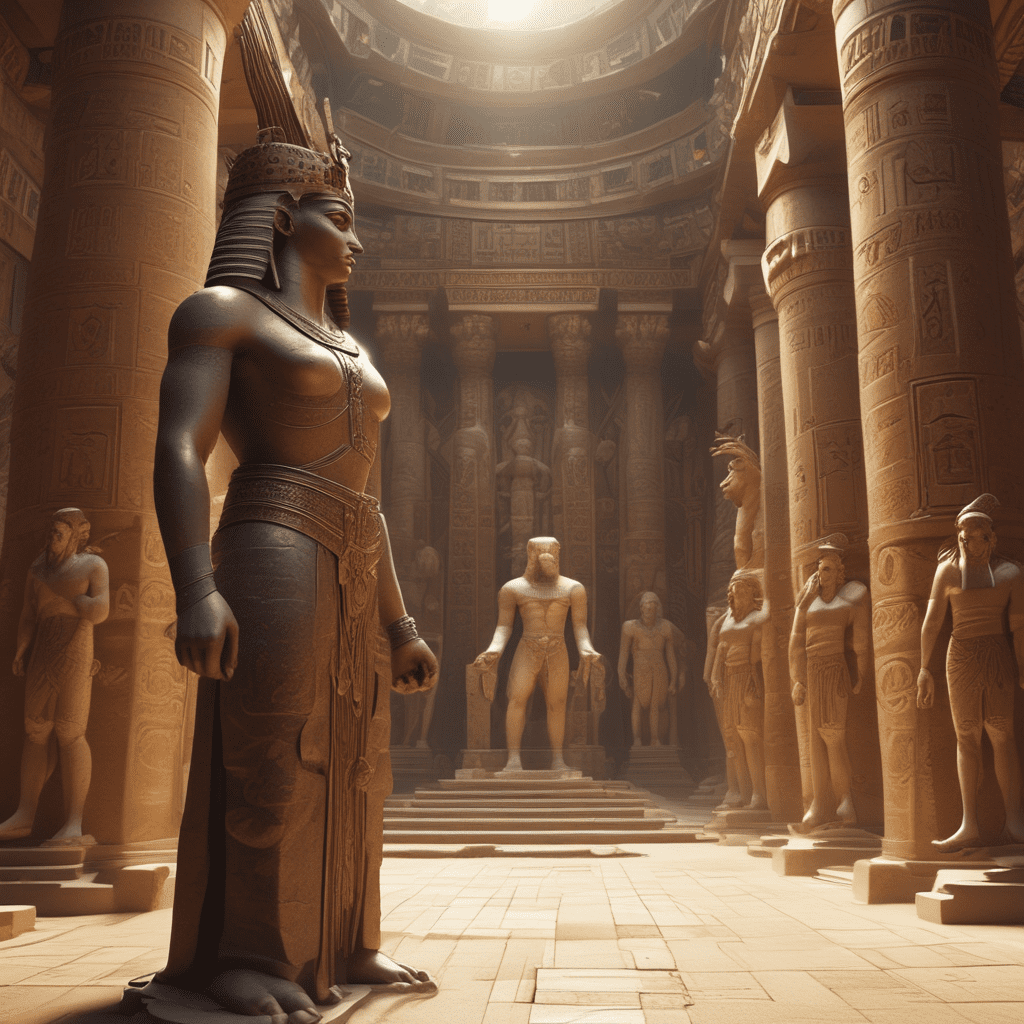The Great Creation Debate: Myths That Spark Controversy
Introduction to the Great Creation Debate
The debate surrounding creation is one of the most enduring and polarizing discussions in both scientific and religious contexts. It encompasses a range of beliefs about the origins of life and the universe, contrasting the scientific theories of evolution with religious creation narratives. Understanding the differing perspectives on this issue is crucial, as it influences education, culture, and personal beliefs across the globe.
Historical Context of Creation Beliefs
Throughout history, various cultures have crafted their own creation myths, reflecting their understanding of the world and their place within it. From the ancient Mesopotamian Enuma Elish to the Judeo-Christian Genesis narrative, these stories serve as foundational texts that have shaped societal values and beliefs.
Key figures in the development of contemporary creation theories include Charles Darwin, whose work on evolution fundamentally changed the scientific landscape, and various theologians who have sought to reconcile religious texts with scientific discoveries. Their contributions continue to influence the ongoing debate.
The Science of Evolution vs. Creationism
Darwinian evolution, rooted in the principles of natural selection, posits that species change over time through a process driven by environmental pressures and genetic variation. This scientific framework has been supported by extensive evidence from multiple fields, including genetics, paleontology, and ecology.
On the other hand, creationist viewpoints often emphasize a literal interpretation of religious texts. Key tenets of creationism include the belief in a young Earth, the special creation of humans, and the rejection of evolutionary processes as explanations for the diversity of life. This dichotomy fuels the ongoing discussion about the validity of both perspectives.
Prominent Myths Surrounding the Creation Debate
Several myths contribute to the misunderstandings surrounding the creation debate:
- Myth 1: Science and religion are inherently incompatible. Many believe that accepting scientific explanations for the origins of life negates the possibility of a divine creator, but numerous individuals and organizations advocate for a harmonious relationship between science and faith.
- Myth 2: Evolution denies the existence of a creator. While some interpretations of evolution may seem at odds with certain religious beliefs, many theologians argue that evolutionary processes can coexist with the belief in a divine creator.
- Myth 3: Creationism is a scientifically valid alternative. While creationism is rooted in religious belief, it lacks the empirical evidence and predictive power that define scientific theories, leading many in the scientific community to reject it as a viable alternative to evolution.
The Role of Education in the Creation Debate
The ways in which creation and evolution are taught in schools have profound implications for public understanding. In some regions, particularly in the United States, debates over curriculum content often erupt, with some advocating for the inclusion of creationism in science classes.
Educational policies can significantly impact students’ perceptions of science and religion. States with stringent regulations on teaching evolution may foster a misunderstanding of scientific principles, while those promoting comprehensive science education encourage critical thinking and informed discourse.
Cultural and Religious Influences on Creation Myths
Major world religions offer a diverse array of creation stories, each with its own cultural significance. For example:
- Christianity: The Book of Genesis describes God creating the world in six days.
- Hinduism: The Rigveda speaks of a cosmic being from whom the universe originated.
- Indigenous Beliefs: Various Indigenous cultures have unique creation stories that reflect their relationship with nature.
These narratives shape the acceptance of creationism and influence how individuals interpret scientific findings, often leading to a rich tapestry of beliefs about existence.
The Legal Battle: Creationism in the Classroom
Legal battles over the teaching of creationism in schools have shaped educational practices and policies. Landmark court cases, such as McLean v. Arkansas Board of Education (1982) and Kitzmiller v. Dover Area School District (2005), have ruled against the inclusion of creationism in science curricula, citing its lack of scientific grounding.
The ongoing debates about academic freedom and curriculum content highlight the tensions between advocates for scientific education and those who wish to see religious perspectives integrated into school teachings.
Public Perception and the Media’s Role
The media plays a crucial role in shaping public understanding of the creation debate. Documentaries, films, and literature often frame the discussion in ways that influence public perception. For example, documentaries highlighting evolutionary science can foster greater acceptance of Darwinian theory, while those promoting creationism may reinforce certain religious beliefs.
Critical analysis of media representations is essential, as biased portrayals can lead to misconceptions and polarized viewpoints among the public.
The Future of the Creation Debate
As society continues to evolve, the potential for reconciliation between science and faith remains a topic of interest. Emerging perspectives suggest that a dialogue focusing on common ground may foster understanding and respect between differing viewpoints.
Initiatives promoting science education that respects religious beliefs, along with interdisciplinary discussions, could pave the way for a more nuanced understanding of creation and evolution.
Conclusion: Bridging the Gap
The great creation debate is a multifaceted discussion that involves science, religion, culture, and education. By addressing the myths that surround this topic and fostering respectful dialogue, we can bridge the gap between differing perspectives. Understanding and appreciating the complexities of this debate is essential for a harmonious coexistence of science and faith in our increasingly interconnected world.




